When it comes to creating a website, one of the most important decisions you’ll make is which web hosting provider to use. A good web host will provide the necessary technical infrastructure to keep your website up and running, while also offering features such as security, scalability, and technical support.
With so many options, it can be difficult to determine which web hosting provider is the best fit for your needs. In this article, we’ll look at some of the best web hosting services on the market, providing an overview of their features, pricing, and customer support. Whether you’re building a simple personal blog or a complex e-commerce site, we’ll help you find the perfect web hosting provider to get your project off the ground.
Quick Answer: Hostinger is the best option for people looking for a fast, affordable, and reliable web hosting service. Sign up with Hostinger for as low as $1.99 per month.
Best Web Hosting Providers
- Hostinger — Best Web Hosting Overall
- Hostgator — Best Shared Web Hosting
- Siteground — Best for WooCommerce Hosting
- Bluehost — Best for WordPress
- DreamHost — Best Dedicated Hosting
- InMotion Hosting — Best Customer Support
- GreenGeeks — Eco-Friendly Web Hosting
- WP Engine — Best Managed WordPress Hosting
- A2 Hosting — Best for Reliability
- ScalaHosting — Best Cloud Hosting
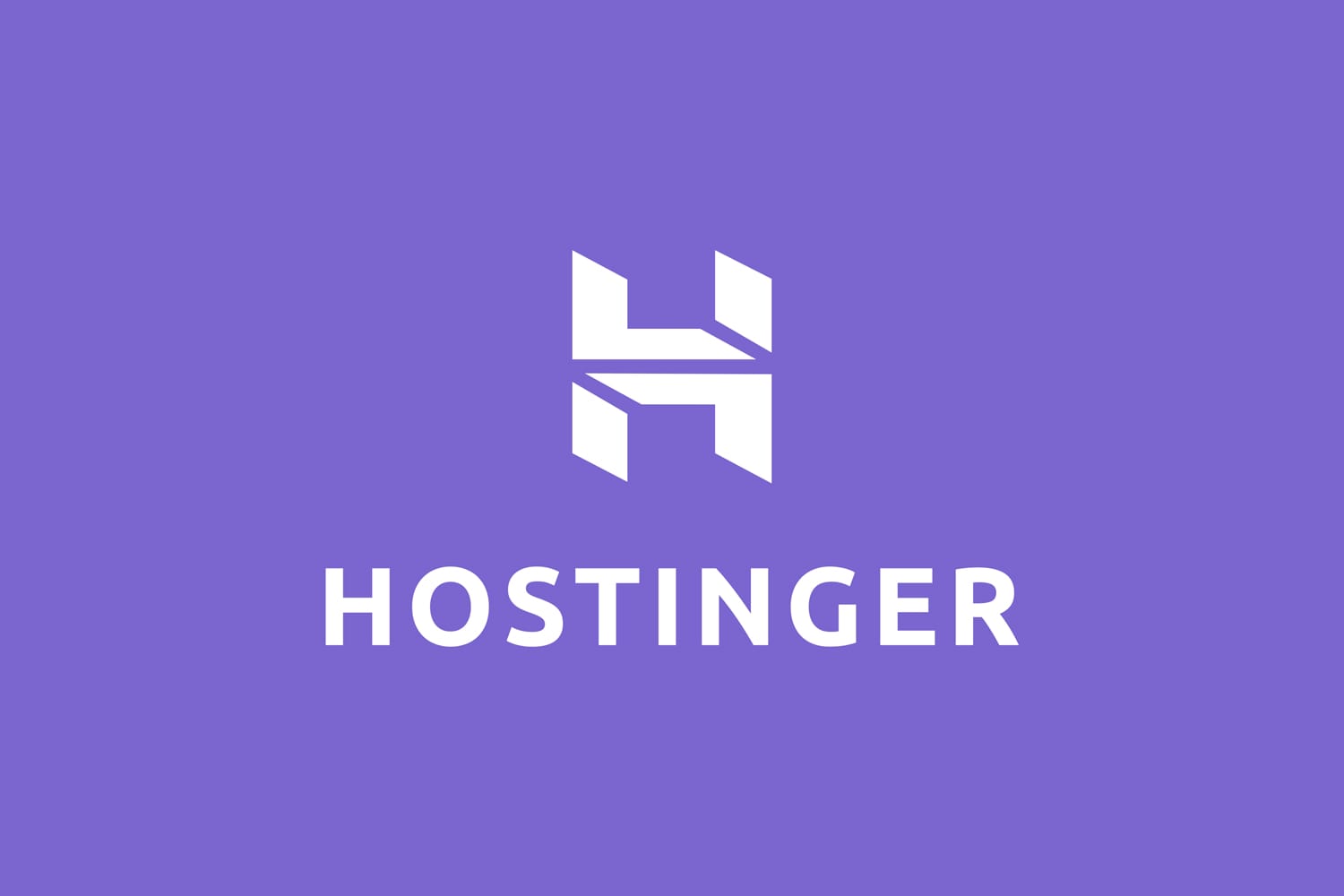
Hostinger – Best Web Hosting Overall
Free domain: Yes | Free SSL: Yes | 24/7 support: Yes | Money-back guarantee: 30 days | 🔥 Get up to 80% off Hostinger 🔥
Hostinger is a budget-friendly hosting provider that offers affordable plans without compromising quality. It provides good performance and a user-friendly interface, making it easy to set up and manage your website. Hostinger’s cost-effective solutions make it an attractive option, particularly for individuals and small businesses.
Hostinger offers 24/7 customer support and a variety of hosting options. While some customers have reported long response times for support, Hostinger’s affordability and user-friendly features make it an appealing choice for budget-conscious website owners.
Use our Hostinger coupon code ROADAFFAIR8 for an additional 8% off any hosting plan.
Pros
- Terrific value
- Friendly 24/7 live chat support
- Unlimited free SSL
- Free WordPress Acceleration tool
- 99.9% uptime
- Weekly backups
Cons
- Low storage and bandwidth on basic plans
- No free domain on the cheapest plan
- No dedicated hosting
- No phone support
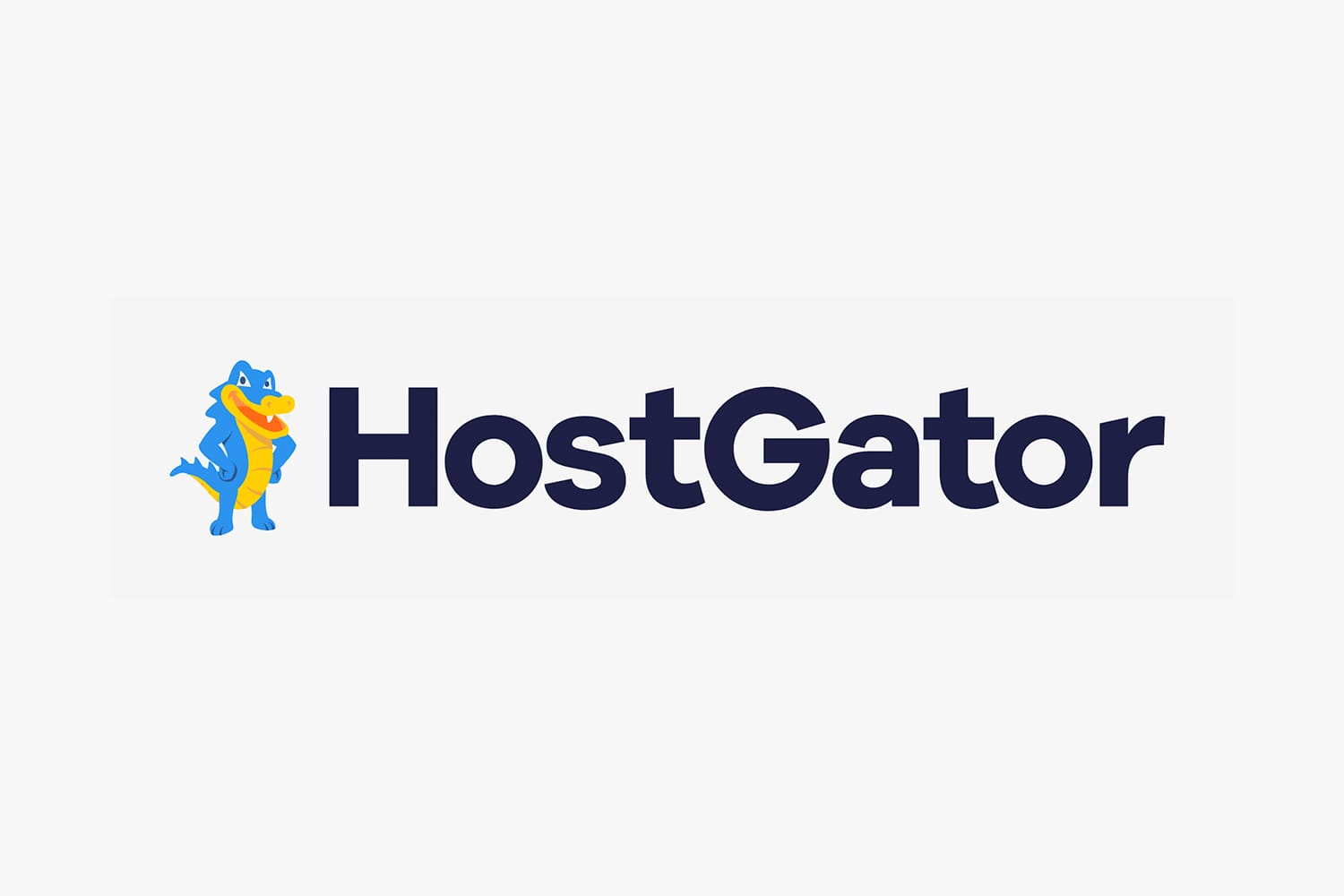
Hostgator – Best for Shared Web Hosting
Free domain: Yes | Free SSL: Yes | 24/7 support: Yes | Money-back guarantee: 30 days | 🔥 Get up to 73% off Hostgator 🔥
HostGator is an excellent hosting provider that combines affordability with a user-friendly interface. Its wide range of hosting options – including shared, VPS, and dedicated hosting – caters to various needs, while its competitive pricing plans make it a budget-friendly choice for individuals and small businesses. Its reliable customer support is available 24/7 by phone and live chat, providing assistance whenever you need it.
Pros
- Unlimited bandwidth on all plans
- Very cost-effective
- Free domain name and SSL certificate
- Free site migration
- $500 in Google Ads spend match credit
Cons
- Extra cost for automated backups
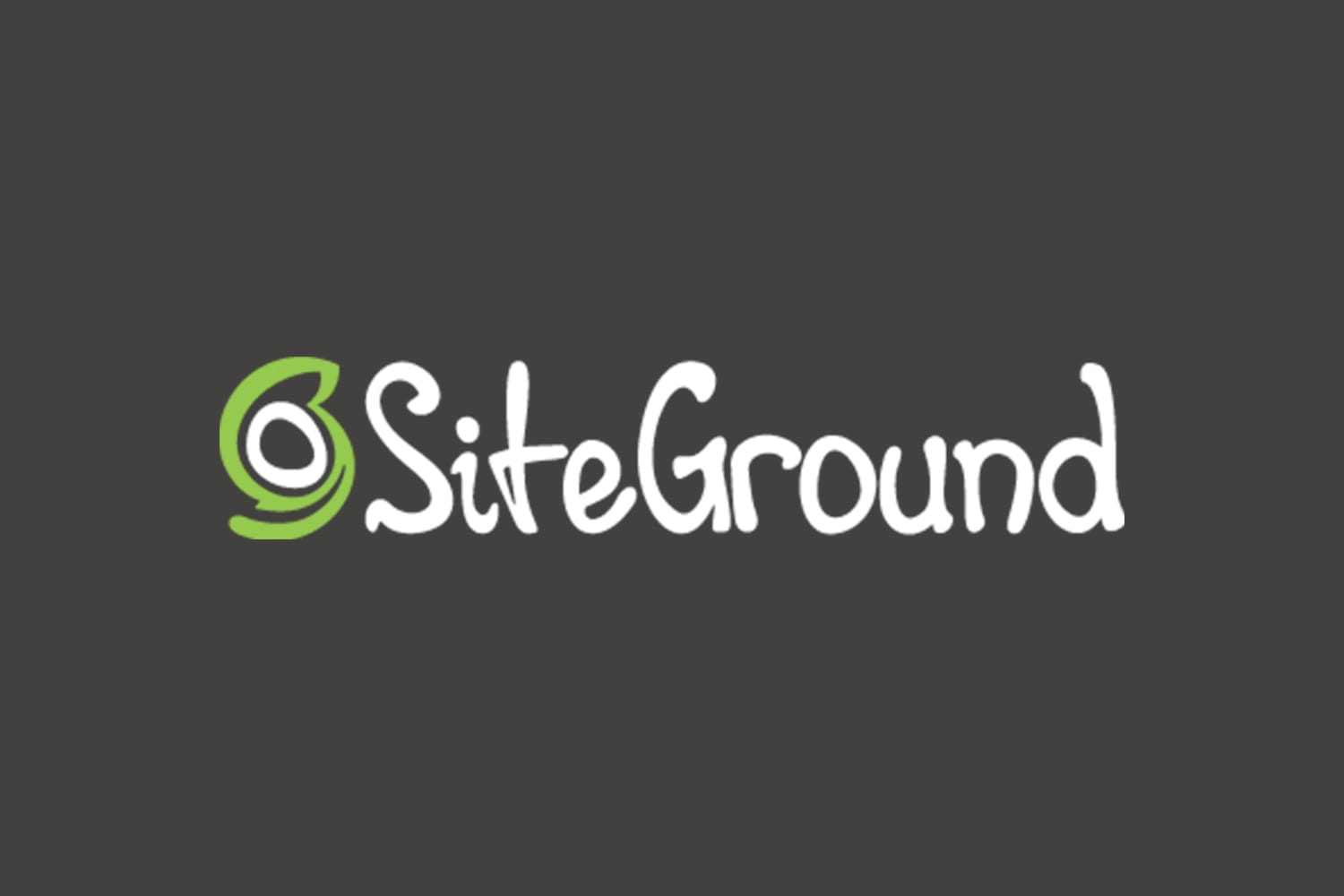
Siteground – Best for WooCommerce Hosting
Free domain: Yes | Free SSL: Yes | 24/7 support: Yes | Money-back guarantee: 30 days | 🔥 Get up to 86% off Siteground 🔥
SiteGround stands out as a highly regarded hosting provider, offering exceptional performance and top-notch customer support. The service is known for its blazing-fast page loading, ensuring a smooth browsing experience for your site visitors.
You can enjoy peace of mind with SiteGround’s advanced security features, such as proactive monitoring and daily backups. Though its pricing is slightly higher than what you’ll find from some competitors, the quality of service and the comprehensive features justify the investment.
Pros
- Specialist WooCommerce hosting
- Friendly customer support
- Unmetered bandwidth on all plans
- Powerful and speed-optimized serves
- Can choose server location
Cons
- No dedicated or VPS hosting
- Prices increase significantly after the first year
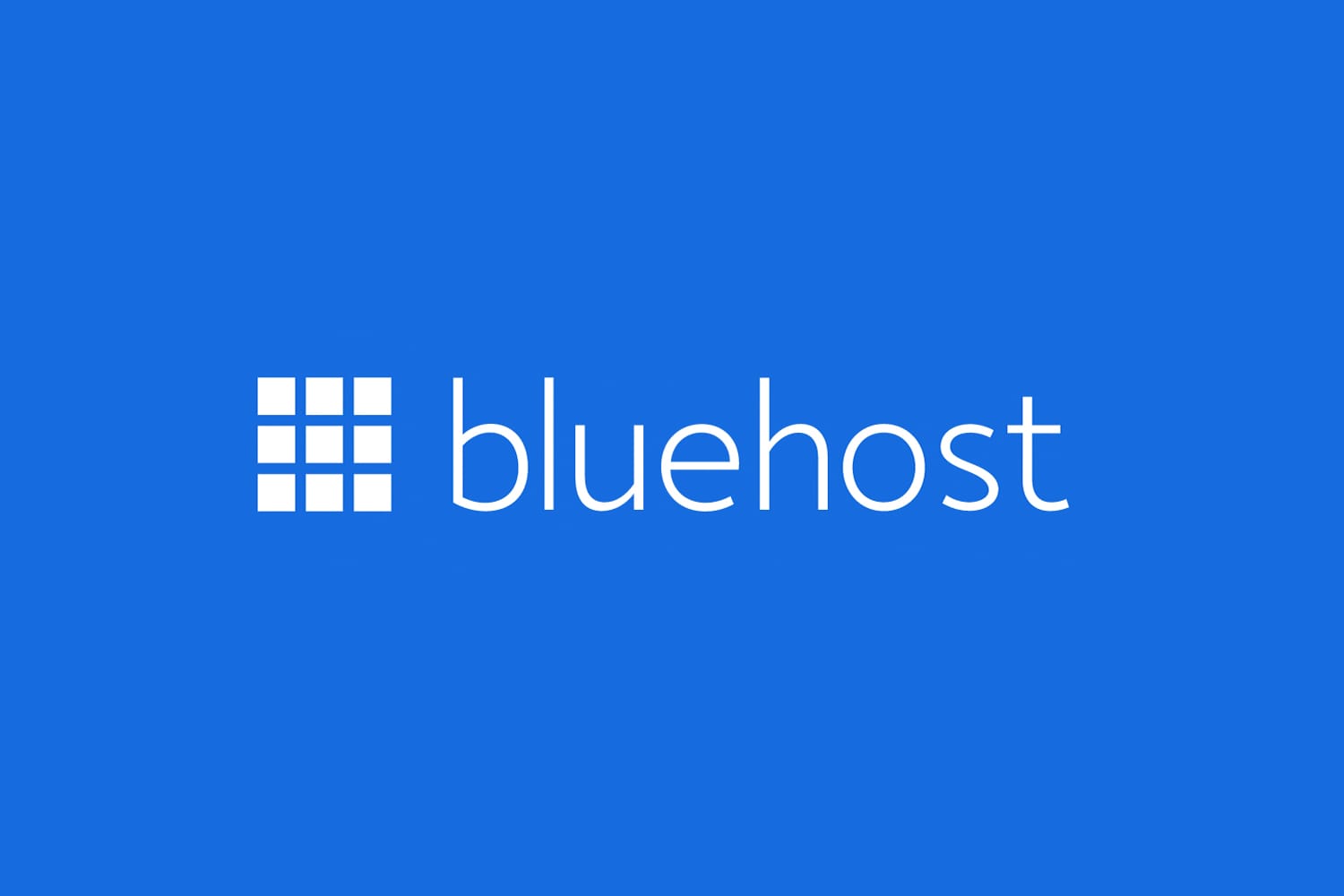
Bluehost – Best for WordPress
Free domain: Yes | Free SSL: Yes | 24/7 support: Yes | Money-back guarantee: 30 days | 🔥 Get up to 73% off Bluehost 🔥
Bluehost is a trusted hosting provider, recommended by WordPress itself. It offers a range of hosting plans that cater to different needs, including shared, VPS, and dedicated hosting.
Bluehost’s user-friendly interface makes it easy to set up and manage your website, even if you’re a beginner. With reliable customer support and a reputation for solid uptime, Bluehost can easily keep your website accessible to visitors.
Pros
- 1-click WordPress install
- 24/7 phone and chat support
- Free domain name and SSL certificate
- Free site migration
Cons
- Significant price increase after first year
- Limited storage on basic plans

DreamHost – Best Dedicated Hosting
Free domain: Yes | Free SSL: Yes | 24/7 support: Yes | Money-back guarantee: 97 days | 🔥 Get up to 63% off DreamHost 🔥
Pros
- 1-click Instant WordPress install
- Free SSL certificate and domain
- Responsive support
- Unlimited Traffic
- Generous money-back guarantee
Cons
- No phone support
- Basic plan doesn’t include email
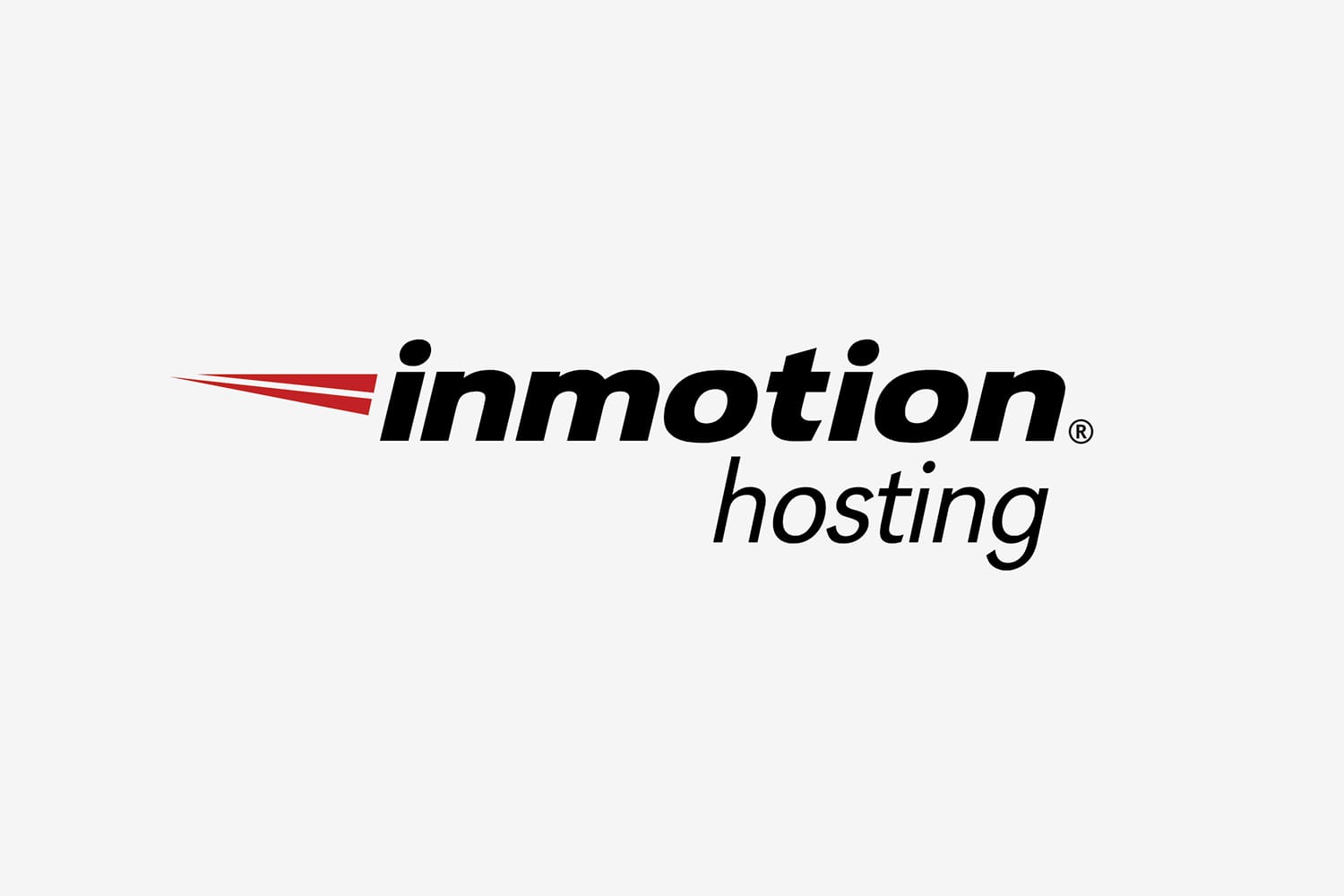
InMotion Hosting – Best Customer Support
Free domain: Yes | Free SSL: Yes | 24/7 support: Yes | Money-back guarantee: 90 days | 🔥 Get up to 75% off InMotion Hosting 🔥
InMotion Hosting is a reliable provider known for its exceptional customer support. Its solutions include shared, VPS, and dedicated hosting to accommodate various requirements.
InMotion Hosting provides fast and stable performance, ensuring short loading times for websites. The advanced security features protect against virtually all potential threats, while the 24/7 customer support means you can get prompt help whenever you have issues. Although some plans have limited storage space, InMotion Hosting’s overall performance and customer service make it a trustworthy choice.
Pros
- Great 24/7 customer support
- Free SSL certificate
- 90-day money-back guarantee
Cons
- Expensive compared to other hosting providers
- Domain name not included in base plan
- Most shared plans don’t have a monthly billing option
View Plans at InMotion Hosting

GreenGeeks – Eco-Friendly Web Hosting
Free domain: Yes | Free SSL: Yes | 24/7 support: Yes | Money-back guarantee: 30 days | 🔥 Get up to 73% off GreenGeeks 🔥
GreenGeeks is an environmentally conscious hosting provider with reliable services. Its commitment to sustainability and renewable energy sources sets it apart in the industry. It also delivers excellent uptime and high loading speeds, ensuring a seamless browsing experience for your website visitors.
With a user-friendly interface and 24/7 customer support, GreenGeeks caters to both beginners and experienced website owners. While it charges slightly more than some providers do, the eco-friendly approach and reliable performance make GreenGeeks an excellent choice for sustainability.
Pros
- Eco-friendly
- Unmetered bandwidth and storage
- Good value
Cons
- Phone support is not 24/7
- Underpowered dedicated and VPS plans
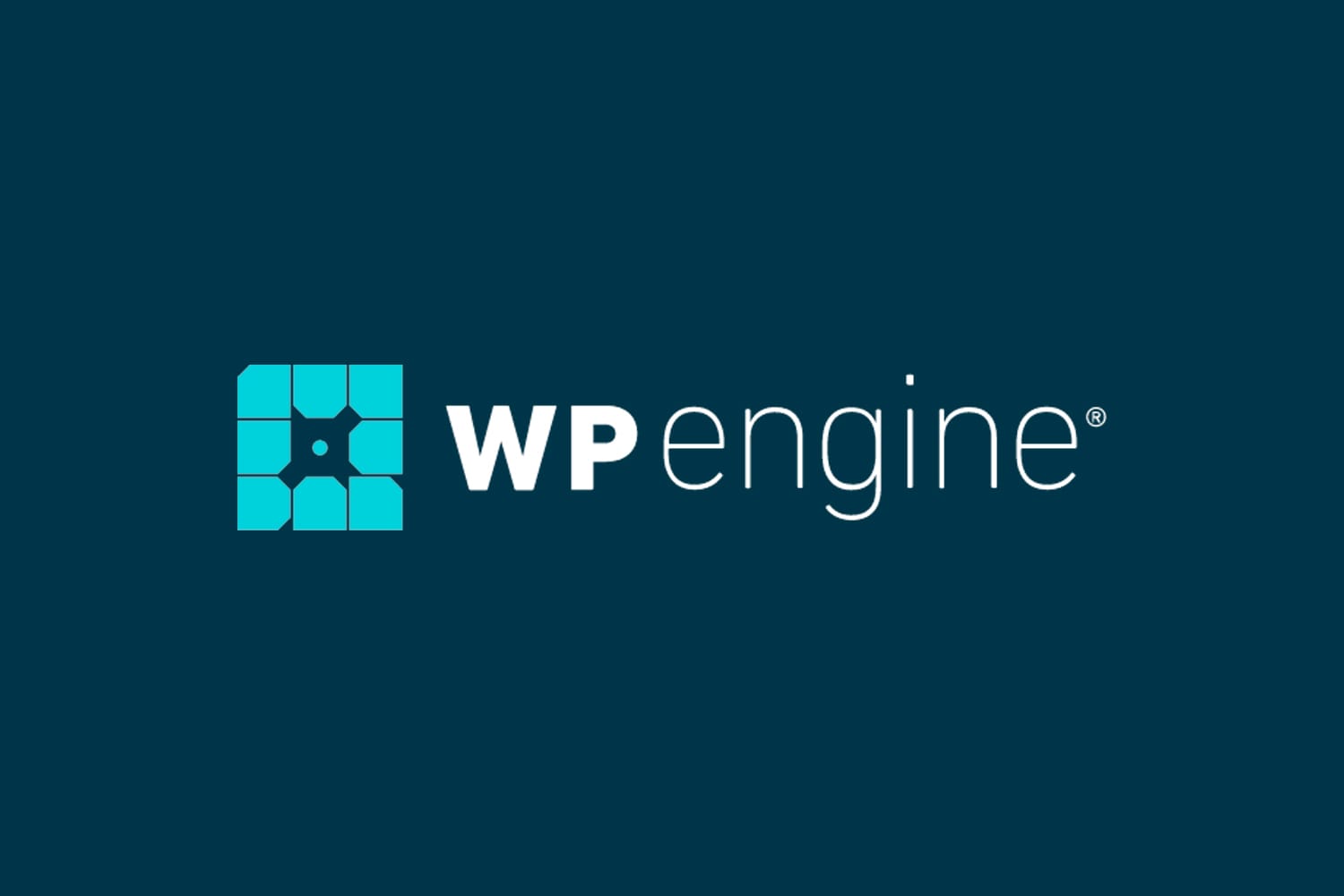
WP Engine – Best Managed WordPress Hosting
Free domain: No | Free SSL: Yes | 24/7 support: Yes | Money-back guarantee: 60 days | 🔥 Get up to 33% off WP Engine 🔥
WP Engine specializes in managed WordPress hosting, offering unparalleled performance and dedicated customer support. The websites it hosts load at a lightning-fast rate, ensuring a smooth browsing experience for your site visitors.
WP Engine’s managed hosting approach takes care of essential tasks for you, including automatic updates, backups, and security measures. This convenience makes its pricing somewhat steep, but the investment is worthwhile for high-traffic WordPress websites that need guaranteed optimal performance and expert assistance available at all times.
Pros
- Daily backups
- Excellent speed and performance
- Staging Area
- 60-day money-back guarantee
Cons
- No free domain
- Email isn’t include with hosting plans
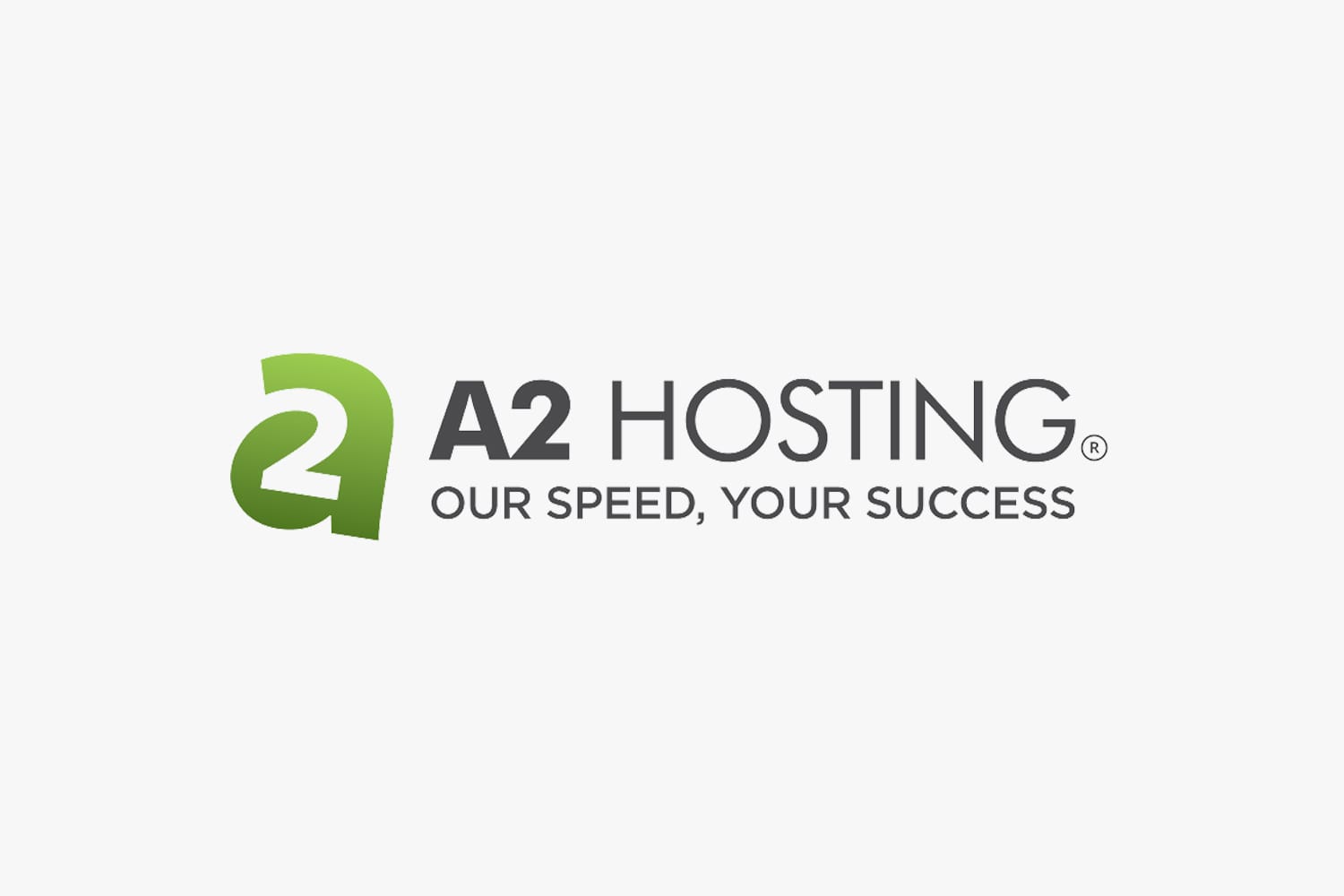
A2 Hosting – Best for Reliability
Free domain: No | Free SSL: Yes | 24/7 support: Yes | Money-back guarantee: 90 days | 🔥 Get up to 75% off A2 Hosting 🔥
A2 Hosting excels in both speed and performance, whether you need shared, VPS, or dedicated hosting. Its turbocharged servers and optimized infrastructure load webpages at blazing speeds.
With reliable uptime and a knowledgeable customer support team, A2 Hosting provides a convenient hosting experience. Its developer-friendly features and extensive knowledge base make it a particularly popular choice for tech-savvy website owners.
Pros
- Unlimited storage on most plans
- Responsive 24/7 support
- Free site migration
- Generous money back guarantee
Cons
- Turbo Boost option only available on more expensive plans
- No free automatic backups on base plan
- No free domain name
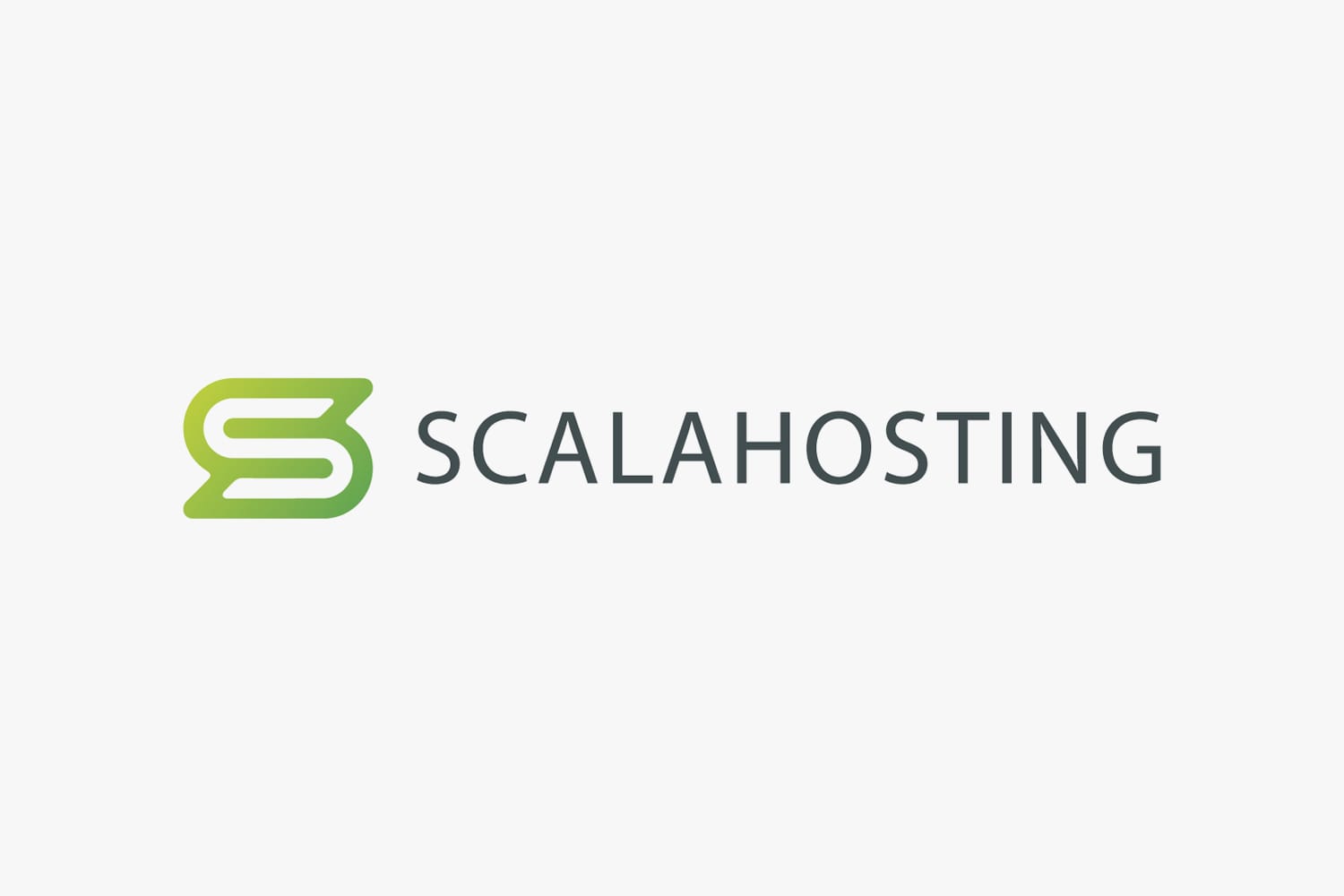
ScalaHosting – Best Cloud Hosting
Free domain: Yes | Free SSL: Yes | 24/7 support: Yes | Money-back guarantee: Anytime | 🔥 Get up to 35% off ScalaHosting 🔥
ScalaHosting combines affordability with strong performance. While it offers shared, VPS, and dedicated hosting, cloud hosting is where it really shines. Its reliable servers provide excellent website speeds and uptime, and its intuitive interface makes it easy to manage your hosting environment. To make the experience even smoother, ScalaHosting’s customer support is available 24/7.
Pros
- Powerful cloud hosting
- Unmetered bandwidth
- Anytime money-back guarantee
- Daily offsite backups
Cons
- No phone support
What Is Web Hosting?
Web hosting is a service that allows individuals and organizations to make their website available on the internet. It works by storing the files that make up a website on a server, allowing users to access those files with a web browser. Think of it like renting a space on the internet for your website so that people can find and visit it.
How Does Web Hosting Work?
When a user types a website’s domain name into their web browser, the browser sends a request to the server hosting the website. The server then retrieves the requested files and sends them back to the browser, which displays the website to the user. This process happens in a matter of milliseconds, allowing users to access websites almost instantly.
Web Hosting vs. Domain Hosting
The difference between web hosting and domain hosting is that web hosting is the service of storing and maintaining a website on a server, while domain hosting is the service of registering and managing a domain name. A domain name is the address that users type into their browser to access a website, like www.example.com. In other words, web hosting supplies the physical place where your website files reside, and domain hosting is the service of registering the website address (URL) so people can access it.
Most hosts offer both domain hosting and web hosting, but you may want to separate the services for security purposes. You can register a domain name through a registrar like Namecheap, which is one of the cheapest and most popular companies out there.
How to Choose the Best Web Hosting Service for You
A good web host is crucial to your website’s success. When looking for a web host, you should consider essential features such as bandwidth and storage capacity, uptime and reliability, security measures, and technical support. Scalability is another important factor, as you should be able to upgrade your plan easily as your website grows. By considering these factors and doing your research, you can find a web host that meets your needs and helps your website run smoothly and reliably.
Essential Web Hosting Features
- Bandwidth and storage: Choose a hosting provider that offers enough bandwidth and storage to handle the traffic and data needs of your website. Consider the size and complexity of your website, as well as your projected traffic and storage requirements. Some providers offer unlimited storage and bandwidth, while others set limits. You should have a clear understanding of your needs and choose a hosting plan that meets them.
- Reliability and uptime: Look for a hosting provider that offers a high uptime guarantee (at least 99%) and has a history of reliable performance. This ensures that your website is always accessible to your visitors.
- Server location: Consider the location of the server when choosing a hosting provider, as this can affect the loading speed of your website for users in different geographic locations. The general location of your target audience is particularly important to keep in mind.
- Scalability: Choose a hosting provider that offers scalable hosting options, letting you easily upgrade or downgrade your resources as needed. This will save you the hassle of migrating to a new hosting provider if your website traffic increases or decreases.
- Security: Look for a hosting provider that offers security features such as SSL certificates, firewalls, DDoS protection, and regular backups to protect your website from hacking and data loss.
- Technical support: Choose a hosting provider that offers 24/7 technical support and has a good reputation for customer service. This will ensure that you have help when you need it.
- Control panel: A control panel is a web-based interface that allows you to manage your hosting account and website easily. Choose a hosting provider that offers a user-friendly control panel such as cPanel or Plesk.
- Email hosting: Some providers offer email hosting service along with web hosting, meaning you can create email addresses connected to your domain name rather than a general client like Gmail. This is an essential feature for business websites, as you’ll want to accept emails from customers through your site and need a server for those along with your domain.
- Backups: Look for a hosting provider that offers regular backups of your website data. This is an essential safeguard against technical failures and natural disasters, allowing you to restore your website to a previous state if anything goes wrong. Some hosting providers offer automatic backups, while others require you to initiate backups manually. Make sure to choose a hosting provider that offers the level of backup protection your website needs.
Types of Web Hosting
Several types of web hosting are available, each with its own features and benefits. To make an informed decision about which host is best for your website, you should understand these different types before choosing a provider.
Shared Hosting
Shared hosting is the most basic and affordable option, as you’ll be sharing the server resources with multiple other websites. This type of hosting is perfect for small personal websites or blogs that don’t require a lot of resources.
Because you’re sharing the server, you’ll have limited storage and bandwidth, meaning your website’s performance may be affected by the other sites’ activity. However, shared hosting is a good option if you’re just starting out and not expecting a lot of traffic to your website.
Best Shared Hosting: Hostinger
Virtual Private Server (VPS) Hosting
VPS hosting is a more flexible option than shared hosting, giving your site its own virtual space on a shared server. This type of hosting is ideal for websites that are growing in popularity and require more resources than shared hosting can provide.
With VPS hosting, you have your own allocation of storage space and bandwidth, and you can install and run custom software on the server. You also have more control over the server, including the ability to reboot it, which can be useful in case of technical issues. VPS hosting is a good option for websites with moderate to high traffic, as well as for businesses that need to run custom software or applications on their servers.
WordPress Managed Hosting
WordPress managed hosting is specifically optimized for WordPress websites. This type of hosting provider takes care of all the technical aspects of running a WordPress website, such as software updates, security, and backups. It often includes a control panel tailored to WordPress, making it easy to manage and maintain your website.
With this type of hosting, you can focus on creating and managing your content, without worrying about the technical aspects of running a WordPress website. It’s a good option for small and midsize WordPress websites, as well as for businesses that need a managed solution.
Best WordPress Managed Hosting: WP Engine
Dedicated Hosting
Dedicated hosting is the most powerful and expensive option, giving a website its own dedicated server. This type of hosting is ideal for large businesses or websites that receive high traffic.
With dedicated hosting, you’ll have complete control over the server, including the ability to install custom software and configure the server to meet your specific needs. You’ll also have enough storage and bandwidth to accommodate a lot of visitors and data. This makes dedicated hosting the best option for websites with high traffic and businesses that need complete control over the server.
Cloud Hosting
Cloud hosting is a method that uses a network of servers (rather than the usual single one) to host a website. This type of hosting is ideal for websites that experience a lot of traffic and need a flexible, scalable solution.
With cloud hosting, you have access to a large amount of storage space and bandwidth, and you can scale your resources up or down as needed. It also provides high security and reliability, as your website’s data is stored on multiple servers. Cloud hosting is a good option for websites with high traffic, as well as for businesses that need a scalable and reliable solution.
Best Cloud Hosting: ScalaHosting
Web Hosting Cost
It’s essential to find a web hosting plan that fits your budget while also offering the necessary features to keep your website running smoothly. The cost of web hosting can vary greatly, with some plans starting at just a few dollars and others reaching hundreds of dollars for the monthly fee. You should also consider the renewal cost, as some providers may offer a low rate for the first term but significantly increase the price when it’s time for you to renew.
You also need to evaluate the features each web hosting plan includes and determine which ones are essential for your website. Some hosting features may be unnecessary or replaceable with other solutions, so look for a plan that offers the best value for the cost. For example, a more affordable plan may not include a domain name or may limit the number of websites you can host, while a more expensive plan may include multiple domains, more storage and bandwidth, and other advanced features that are worth the cost.
Average Cost by Hosting Type
- Shared hosting: $3 to $20 per month
- VPS hosting: $20 to $50 per month
- WordPress managed hosting: $3 to $30 per month
- Cloud hosting: $50 or more per month
- Dedicated hosting: $100 or more per month
Website Hosting Cost Factors
- Disk space and bandwidth: The amount of disk space and bandwidth your website needs can affect the cost of hosting. Websites that require a lot of disk space and bandwidth typically cost more to host.
- Location of servers: Where your host servers are located can affect the cost. For instance, hosting on servers in a country with a high cost of living is typically more expensive.
- Length of contract: Some hosting providers offer discounts if you sign up for a long contract, such as one or two years.
- Support: The level of customer support the hosting provider offers can also affect the cost. Some providers offer 24/7 technical support, for example, while others limit it to standard business hours.
- Security: Some hosting providers offer enhanced security features, such as firewalls and DDoS protection, which tend to increase the cost.
- Number of domains and email accounts: Some hosting plans may limit the domains and email accounts you can have, with additional domains or email accounts costing extra.
- Additional features: Some hosting providers offer features such as SSL certificates, backups, and site builders, all of which can increase the cost of hosting.
Do I Need a Web Host?
Unless you’re using a website builder, yes, you need a web host in order to make your website accessible to the public on the internet. A web host provides the servers and technology necessary to store and manage your website. It keeps your website files on its servers and makes them accessible to the public by connecting them to the internet. Without a web host, your website would not be visible to anyone online.
Website Hosting vs. Website Builder
Website builders such as Shopify, Squarespace, and Wix can be an alternative to traditional web hosting. These website builders provide a platform for creating and managing websites without the need for a separate web host. As part of their services, they typically handle all of the technical aspects of hosting a website, such as server maintenance and security.
While these website builders provide a convenient and user-friendly way to create and manage a website, they may have limits in customization, scalability, and features. For example, you could have a harder time finding a website builder with email hosting, backups, and compliance tools.
In other words, the better option depends on what you need. If you need a simple website and don’t have technical knowledge, website builders are a great option. If you need more features, control, and scalability, a traditional web hosting service is the best choice. Just keep in mind that it won’t be easy to switch later down the road, so you should consider your site’s needs carefully before committing to a website builder or host.
Finding the best web hosting provider for your site can be a daunting task. However, by considering factors such as uptime, customer support, and pricing, you can narrow down your options and find the host that best suits your needs. We hope this article has provided valuable information to help in your search for the best web hosting provider.
Frequently Asked Questions About Web Hosting
What is web hosting and why do I need it?
Web hosting is a service that allows individuals and businesses to make their websites accessible online. To do this, the host stores your website files on its servers and connects them to the internet. Without web hosting, your website would not be visible to the world.
Can I host my own website?
Yes, it is possible to host your own website, but it requires technical expertise and a significant investment in hardware and software. You also have to consider the cost of power and internet connectivity. In most cases, it’s more cost-effective to use a web hosting provider.
What is the cheapest way to host a website?
Shared hosting is typically the cheapest option for hosting a website. This type of hosting involves sharing a server with other websites, which makes it more affordable.
What are the different types of web hosting?
The most common types of web hosting are shared hosting, VPS hosting, and dedicated hosting. Shared hosting is the most affordable option and suitable for small websites, while VPS hosting and dedicated hosting are more expensive and better for larger websites with higher traffic.
What is the difference between shared and VPS hosting?
Shared hosting has you share a server with other websites, while VPS (virtual private server) hosting gives you a virtualized environment isolated from other users on the same physical server. VPS hosting offers more resources and control than shared hosting, but it’s also more expensive.
How do I choose the right web hosting provider?
When choosing a web hosting provider, consider factors such as reliability and uptime, server location, scalability, security, technical support, and pricing. Research different providers and read customer reviews to get a sense of their reputation and service quality.
What does unlimited bandwidth mean?
“Unlimited bandwidth” is a term some web hosting providers use to describe a hosting plan that does not limit the amount of data that can be transferred to and from your website. However, some providers have a “fair usage” policy, which means there may be a limit to the resources you can use even though the plan is advertised as unlimited.
How can I tell if my web hosting provider is reliable?
A good way to determine the reliability of a web hosting provider is to check its uptime guarantee and read customer reviews. Look for a provider with positive reviews and a high uptime guarantee, meaning its servers are consistently up and running. It should promise you at least 99.99%, but the ideal here is 99.999%, which comes to less than six minutes of downtime per month.
Can I change my web hosting provider after my website is set up?
Yes, you can change your web hosting provider after your website is set up, but it can be a complex process. It’s best to do your research and choose a provider that meets all your needs before setting up your website. If those needs change later, the right provider will allow you to upgrade or downgrade your plan rather than switching hosts.
Comments